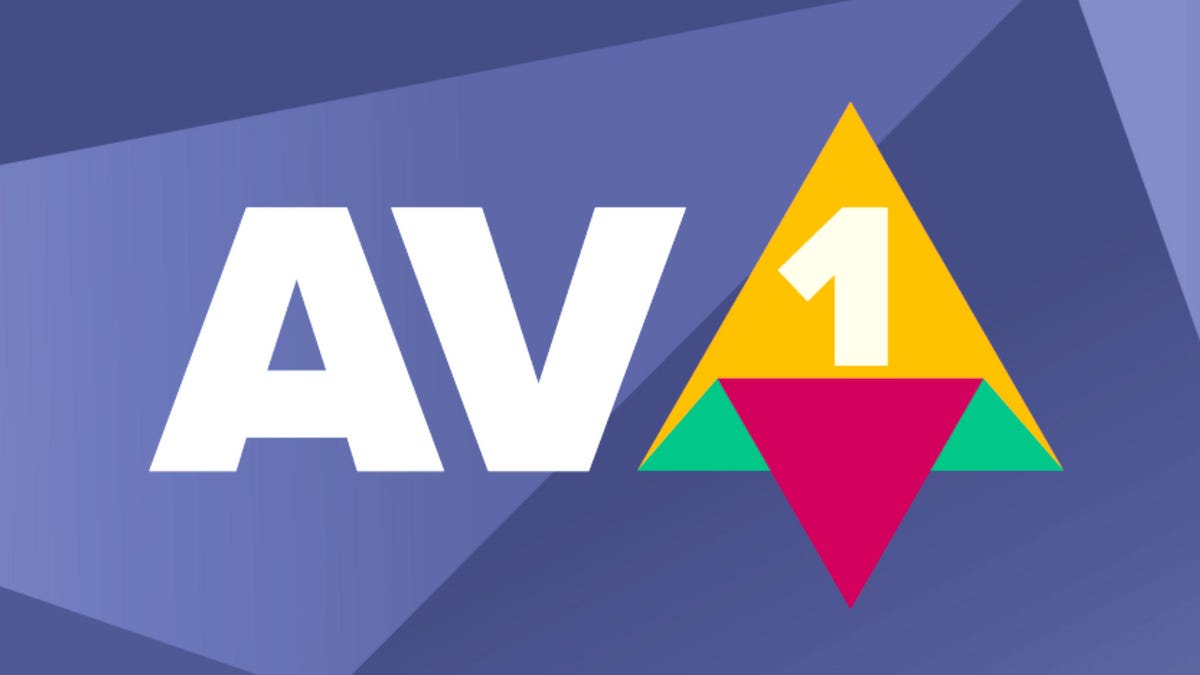Samsung throws its weight behind open video standard AV1
This will speed up the adoption of the video compression technology useful for 4K video, allies say.

Electronics giant Samsung just gave a little more clout to those who prefer openness in the constant struggle between open and proprietary technology.
The South Korean company said Wednesday it has joined the Alliance for Open Media at the highest level, a significant addition to a consortium developing video compression technology called AV1.
Technology powers Google, Microsoft, Netflix, Amazon, Cisco Systems and Mozilla launched AOMedia in 2015. It gained more power with the addition of Facebook and Apple and due to the persistently complex and uncertain requirements to license patents for AV1's biggest rival, HEVC .
Video compression relied for years on HEVC's predecessor, called H.264 or AVC. But better compression makes higher-resolution 4K video more feasible, especially for streaming video services trying to fit as many pixels as possible over limited-capacity networks.
AV1 is open-source software, meaning that anyone can peer at its underlying programming instructions and modify them, and it requires no patent licensing payments. That may sound too good to be true in a tech world where patent licensing deals -- and sometimes infringement lawsuits -- bring in millions of dollars. But the AV1 allies are betting on making money elsewhere. Streaming video services such as Amazon Prime, Netflix and YouTube are the clearest examples.
You might not care about the gory details of how your phone stores a video or how streaming video services send it to your TV. But Samsung's move throws more weight behind a profound philosophical difference about how technology is developed. Proprietary technology often can be developed more rapidly, but open-source projects can attract more participation and use.
HEVC is open in this sense: It's also developed by a consortium of companies, and anyone can license the standard's patents. But that licensing is complex, with three different groups licensing various patents, other licensors not members of any group, and uncertain terms for some situations. That confusion has helped advance AV1's prospects.
Samsung's NX-1 camera was one of the earliest devices to include HEVC support, but that doesn't mean the company isn't willing to back AV1.
"We are committed to fostering innovation through openness," Seunghwan Cho, executive vice president of Samsung Research, said in a statement ahead of the National Association of Broadcasters conference that starts Saturday. "We're excited to join AOMedia to help open up new possibilities to use AV1 open-source, cross-platform, online video."
The first version of AV1 is done, but allies have only started spreading it widely. Browser support is limited, and forget about shooting AV1 video on your phone for now. But chip designers including Arm, Intel and Nvidia are members of the AOMedia, and phone hardware should support the technology in 2020, which would mean it's fast enough and easy enough on your battery to be useful, allies say.
Samsung could be a major ally if it offers AV1 as an option for recording video on its dominant Galaxy line of Android-powered phones . Its support will accelerate adoption of the technology, said Matt Frost, an AOMedia vice president and a Google video leader.
"Samsung is joining AOMedia at a critical time as adoption and use of AV1 picks up throughout the video ecosystem," Frost said in a statement.

